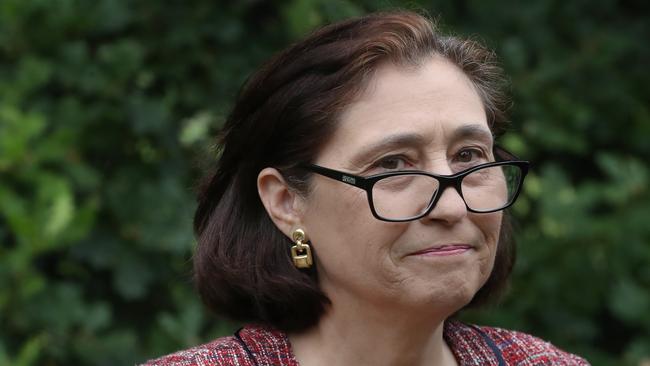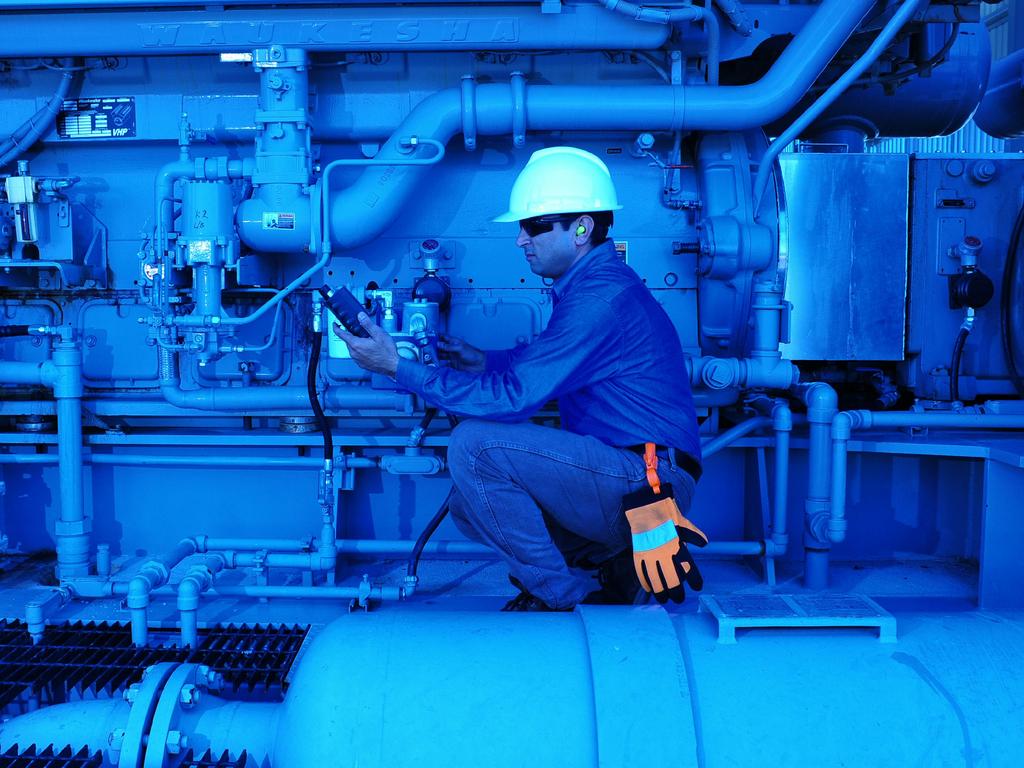Andrews government’s gas ban to increase emissions
The move will initially see households move from gas to coal-fired electricity, generating greater greenhouse gas emissions.

The move to phase out gas in new Victorian homes will initially increase the state’s carbon dioxide emissions, with the shift from mains gas likely to increase bills for those who remain on the network.
Industry figures have warned the Andrews government’s decision will move consumers onto an already strained coal-based electricity grid, with those who remain on mains gas longest – who are likely to include the state’s poorest and most vulnerable – set to face an escalation in network costs.

While Grattan Institute energy program director Tony Wood – who recently co-authored a paper urging governments to assist Australians to move to all-electric homes – welcomed the announcement, he conceded it would lead to a temporary increase in emissions, and warned governments must find ways to address the “real problem” of rising costs which will be faced by consumers and businesses that stay connected to gas.
Energy and Resources Minister Lily D’Ambrosio announced on Friday that from January 1, no new homes or residential subdivisions requiring a planning permit will be connected to mains gas – a measure the government claims will save households $1000 a year, or up to $2200 if they have solar electricity installed.
The all-electric requirement will also apply to all new government buildings which have not yet reached design stage, including schools, hospitals, police stations and public housing.
Victoria has the highest use of residential gas in Australia, with around 80 per cent of homes connected.
Ms D’Ambrosio said the gas sector contributed about 17 per cent of the state’s emissions.
“The move to electric systems is a key element of meeting Victoria’s nation-leading emissions reduction targets of 75–80 per cent by 2035 and net zero by 2045,” the minister said.

Mr Wood said Victoria’s current reliance on coal to generate electricity meant emissions would in fact increase in the short term.
“Right now, because the electricity grid in Victoria is still dominated by brown coal, if you switch from gas to electricity today, emissions would go up. That’s different from every other state,” he said.
“However, because the coal-fired power stations are going to be closing over the next 10 years, if you converted from gas to electricity today, emissions over the next 10 years would be lower as a result of that decision.”
Mr Wood said the two million Victorian households currently connected to mains gas would need to transition to electricity in coming years, but that this would increase network costs for remaining gas users, who would “absolutely” include poorer and more vulnerable households.
“The network problem is a real problem, and the government and the companies have to come up with a solution, because either the businesses will go broke or the consumers left will be paying a lot of money for gas,” he said. “That’s not a reason not to do it, but it’s not an easy problem to solve.”
Industry bodies including the Australian Petroleum Production & Exploration Association, Ai Group, Australian Pipelines and Gas Association, Australian Gas Infrastructure Group and Energy Networks Australia expressed concern about the announcement, while the managing director of Australia’s largest airconditioning and gas heating appliance manufacturer accused the Andrews government of denying Victorians choice, even in their own homes.
“This dangerous ideology is not only blind to logic and commonsense, it defies trends in Europe and North America where gas, far from being banned by zealots, is being embraced with a transition to renewable gas,” said Seeley International boss Jon Seeley.
An Andrews government spokesperson said phasing out gas in new builds would in fact save remaining gas consumers and taxpayers money, which would otherwise have to be spent expanding distribution networks.







To join the conversation, please log in. Don't have an account? Register
Join the conversation, you are commenting as Logout